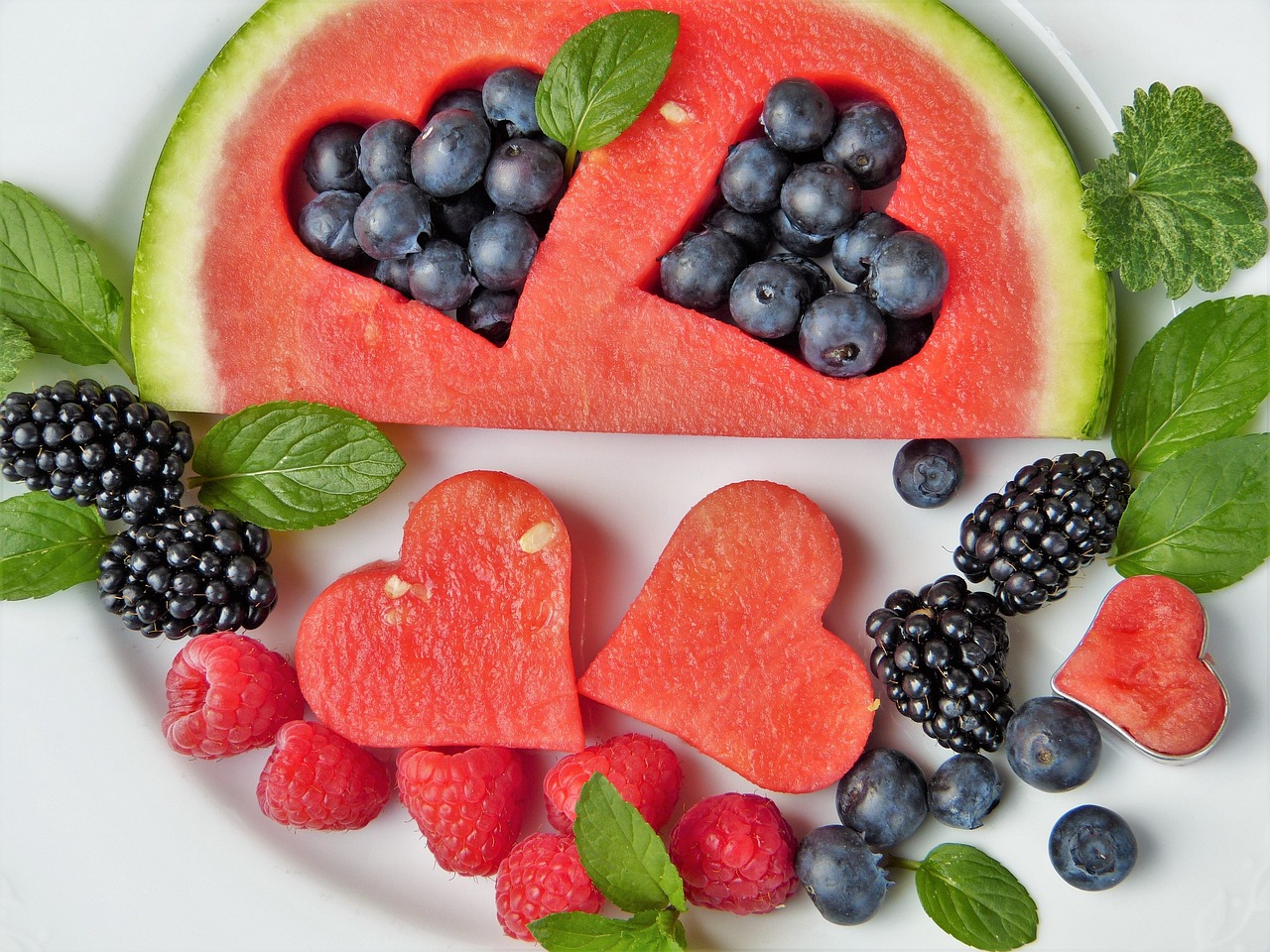Health Benefits of Watermelon
Watermelon is a popular snack during hot weather. It’s also packed with nutrients, such as vitamin C and potassium.
The nutrient lycopene in watermelon may help decrease the risk of heart disease and cancer. And citrulline may aid muscle protein synthesis and boost exercise performance. Watermelon is also an excellent source of vitamin C, which can reduce oxidative stress and strengthen the immune system.
Hydrating
Watermelon is 92% water, so it’s a great way to replenish your body’s fluids. It’s also a good source of vitamin C, which helps the bod make collagen (the skin care buzzword that strengthens hair and nails). Vitamin A is another powerhouse in watermelon: it promotes eye health and creates and repairs cells.
Lycopene, the antioxidant that gives watermelon its cheery red hue, is also known to reduce oxidative stress and lower cholesterol and blood pressure. Plus, it may help prevent age-related macular degeneration (AMD), a condition that affects the retina.
Don’t toss those watermelon seeds and rinds; they contain valuable vitamins and minerals, including magnesium (which plays a role in muscle function, nerve health and blood pressure regulation) and citrulline. Try adding them to salads or mixing them into smoothies.
Cancer Prevention
Watermelon is a great source of the antioxidant lycopene, which may reduce inflammation and oxidative stress in the body. Chronic inflammation can increase your risk for diseases like heart disease and cancer.
It also contains the amino acid citrulline, which produces nitric oxide to help blood vessels relax and move more easily through the body. This can help improve cardiovascular health and lower blood pressure, especially in those with hypertension.
Watermelon is also rich in vitamin C, which boosts immune system function and helps white blood cells fight infections. This is important for cancer patients, who may need to undergo treatment that can weaken their immune systems. Regular consumption of fruits and vegetables can contribute to a stronger immune system for better overall health.
Heart Health
Watermelon is rich in the antioxidant lycopene, which benefits heart health. It may help lower blood pressure and cholesterol and may prevent rheumatoid arthritis, thanks to the amino acid citrulline it contains.
It’s a good source of potassium and magnesium, which aid in healthy blood pressure. It also offers vitamin C, which protects against eye disease and supports immune function.
Watermelon’s lycopene, cucurbitacin E and other plant compounds may reduce inflammation and oxidative stress, which can lead to diseases such as diabetes and cancer, Meyer-Jax says. Lycopene, in particular, helps decrease oxidative stress by fighting free radicals, which can cause cell damage over time. The antioxidants in watermelon may also reduce your risk of developing kidney stones and help prevent osteoporosis, he adds. Watermelon is also a good source of iron.
Muscle Recovery
Watermelon is a good post-workout drink because it is rich in the amino acid citrulline. Citrulline helps increase the production of nitric oxide, which improves blood flow to the muscles and reduces soreness. Another antioxidant found in watermelon is lycopene, which may help protect against heart disease by lowering cholesterol levels and blood pressure and reducing oxidative damage.
Potassium and calcium are also abundant in watermelon, which is important for muscle function and maintaining strong bones. Athletes who sweat a lot can become dehydrated, so drinking watermelon and other fruits and vegetables that contain lots of water is important for recovery. Watermelon is also lower in sugar than sports drinks, which means it’s a better option after a workout. It has no added sugar, preservatives or artificial sweeteners.
Skin Health
The water and vitamins A, B6, and C in watermelon help your skin stay soft, smooth, and supple. Vitamin C boosts collagen production, improving skin elasticity and blood flow to the surface of your skin. It also helps reduce inflammation and oxidative stress that can cause premature aging.
Another powerful nutrient in watermelon is lycopene, which can lower your risk for cancer, heart disease, and age-related eye diseases. It also protects the kidneys and may improve high blood pressure. Watermelon is also an excellent source of potassium, a mineral that can help control your blood pressure and maintain proper electrolyte balance. It’s also a good source of copper, which supports protein production and immune function. (2)



